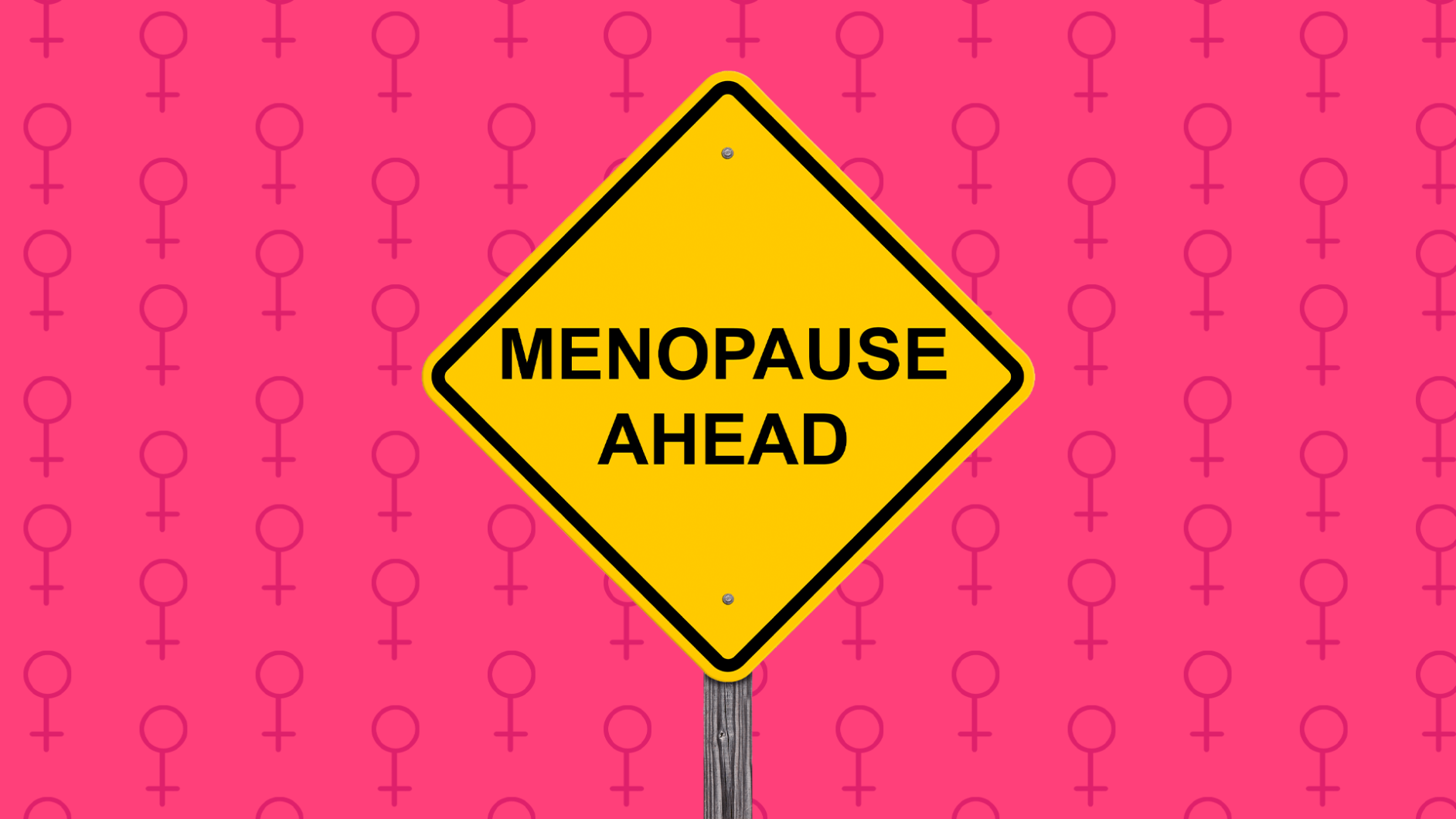It is 4:28am and you have just awakened for the third time, flushed and drenched in sweat—only you’re not having nightmares. What is going on? Menopause. Menopause is a phase of a woman’s life that often brings on night sweats, mood swings, hot flashes, and even forgetfulness.
Menopause is when a woman has not had a menstrual period for 12 months, according to the National Institute on Aging. The years leading up to menopause, when women may experience new and different symptoms, is called the menopausal transition, or perimenopause.
9 menopause questions to ask your OB-GYN
This transition is a normal part of life, not a disease or disorder. However, if symptoms are causing distress, interfering with everyday life, or if you just need some help understanding menopause, make an appointment to talk to your primary care provider or OB-GYN.
Not sure how to start the conversation? Here are some simple questions about menopause that can open a dialog between you and your physician. Remember, your healthcare provider has heard it all: Don’t be shy about speaking your mind and taking notes during your appointment.
1. Am I too young for menopause?
Research shows that women often begin the symptomatic perimenopausal period four years before their last menstrual period and that the average age of menopause is 51 ½. In other words, the process frequently begins sooner than you may think. Your healthcare provider can help you determine what to expect based on your family and medical history.
2. What are the symptoms of menopause?
While some women don’t notice any menopausal symptoms, 80% of women have symptoms that can be quite disruptive. During the menopausal transition, the body’s production of two hormones made by the ovaries—estrogen and progesterone—decreases. These changes cause a wide range of symptoms.
The hallmarks of menopause are hot flashes and night sweats. Other common symptoms include:
- Irregular vaginal bleeding
- Insomnia or sleep disturbance
- Weight gain
- Vaginal dryness and painful sex
- Moodiness or depression
Incontinence, skin thinning, memory problems, heart palpitations, and joint or muscle pain are all possible during menopause as well. Your healthcare provider can help you determine what’s behind your symptoms—and figure out ways to alleviate them.
RELATED: The impact of hormones on women’s mental health
3. How do I know if it’s menopause…or something else?
To determine if your symptoms are related to menopause, your provider will likely ask questions about your age, family history, and what you’re experiencing. “As you approach this transition, it’s a good time to keep a close record of your menstrual activity,” advises Heather Johnson, MD, OB-GYN at Advantia Health Reiter, Hill and Johnson Practice.
Of course, the clinical definition of menopause is 12 months without a menstrual cycle, but there are also (hormonal) blood tests, including FSH (follicle stimulating hormone) level. These can be checked to confirm menopause, but most women don’t need lab confirmation.
4. How long do menopause symptoms usually last?
While it may feel like it lasts forever, on average the transition period with hot flashes and night sweats usually lasts six months to two years. This is variable. For some women, depending on factors like ethnicity, family history, and lifestyle, the transition and its symptoms can last for much longer.
5. Is there medication for menopause symptoms?
There are many treatments that can help decrease menopause symptoms. Over-the-counter lubricants help with vaginal dryness. Other medications, such as gabapentin and paroxetine and some blood pressure medications (like clonidine) help reduce hot flashes.
Your physician may also recommend hormone replacement therapy, which supplements estrogen levels to reduce symptoms. Not everyone needs estrogen replacement, but if you’re suffering and feel miserable, it is worth doing, says Dr. Johnson. It may help to manage the transition more comfortably.
6. What lifestyle changes can help?
Dr. Mandal recommends eating foods that contain plant-based estrogen (e.g., soy, flax seeds, sesame seeds). Phytoestrogens mimic the estrogen your body produces by binding to estrogen receptors. She also recommends black cohosh, which may help.
Because of lower levels of estrogen, post-menopausal women are more at risk for heart disease and osteoporosis. It is important to eat a healthy diet containing at least 1200 mg of calcium per day. Continuing regular exercise can decrease insomnia and weight gain.
7. Will I feel better after menopause?
Fortunately, research shows that most women will feel better once they reach menopause, says Soma Mandal, MD, Board-Certified Internist at Summit Health. Hot flashes, night sweats, and insomnia will ease. Though some symptoms, like weight fluctuation and vaginal dryness can continue. The good news is, after menopause, you will no longer have to worry about painful periods or cramps.
8. Do I still need birth control?
After you have missed your period for over a year, you’re considered menopausal and don’t need birth control. Some providers may recommend continuing contraceptives for two years after your last period. There is not a specific age at which you can stop using birth control. It’s based on your body and cycles.
9. What about annual well-woman exams?
Though you may no longer need birth control, your annual checkup is still important to screen for sexually transmitted diseases, cancer, and even concerns like urinary incontinence. Your provider offers a full range of sexual and reproductive health, which is important throughout a woman’s life.
A woman’s body changes a lot through menopause. This can be an uncomfortable experience to talk about. Yet, understanding menopause and going to your appointment prepared with questions about the process will give you a head start… whenever the symptoms of menopausal transition begin.











